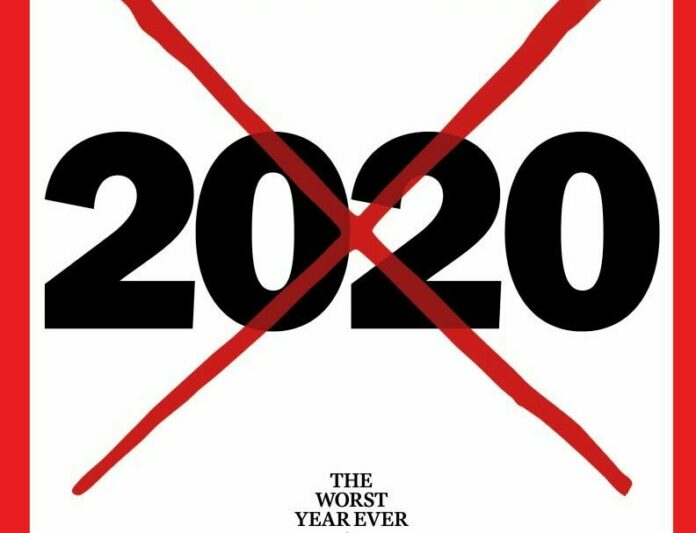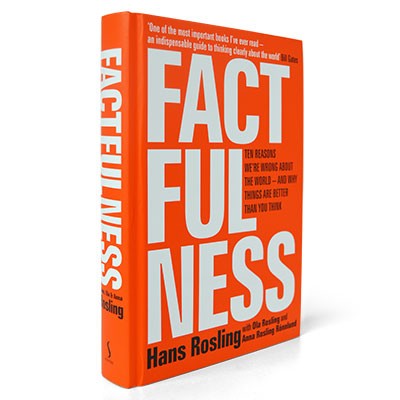By Anastasios-Fotios Tsochatzidis,
Does the world really get worse every year? That was the question I had to ask myself recently before starting an amazing book which is called “Factfulness” written by Hans Rosling. Despite the fact that I tend to be optimistic about the world and our future, (even during these Covid-19 times), the answers that I prompted to give while reading the book to some of the questions asked about the world, were far from being right. Then I was glad to learn that I am not the only one who has a rather false worldview, as people from all over the world and from all walks of life tend to systematically get these answers wrong (according to the writer), while ignoring facts that are fundamental for understanding the world and designing our future.
Nevertheless, the most crucial question is why we have a false worldview. According to Swedish late professor and public speaker, Hans Rosling, this is due to 10 instincts that distort our perspective of the world and prevent us from seeing how it actually is. Some of these 10 instincts are for example the gap instinct or in other words our tendency to divide things into two distinct and often conflicting groups with an imagined gap between them. For instance, we like to say the East and the West, the developed world and the developing countries, right and left wing politics etc. However, the reality is that things are often not polarized at all and, according to the book, usually the majority is right there in the middle, where the gap is supposed to be. In other words, we like to put a gap in order to make things in our minds easier, but we tend to misinterpret that usually there is no gap at all.
Moreover, another interesting, but at the same time dangerous instinct is the negativity instinct: our tendency to notice the bad more than the good. Of course, this instinct can be life-saving in some cases, because it can prevent us from dangerous and harsh times, but usually it causes anxiety and stress that is not really needed. The reasons, why this instinct thrives these days, are multiple. For example, media plays a vital role in fostering this instinct. It is well-known that information about bad events is much more likely to reach us, while good news are really hard to find not because they do not exist, but because we often do not hear about them. Furthermore, nowadays we have much more information about what is happening in the world and our access to this kind of news is immediate. Nonetheless, more information (and in reality more bad news) does not necessarily mean that the world is getting worse, but it simply means that better surveillance of suffering is offered today. To control this instinct there is only one way: expect to hear bad news and ask yourself each time whether equally, positive news would have reached you.
The list of human instincts that are responsible for our false worldview does not end here, so I definitely encourage you to read “Factfulness” during winter holidays, in order to learn more about these instincts and how to depend more on facts in your everyday life. The conclusion of this extraordinary book is that we often tend to ignore “factfulness”, which according to the author is “the stress-reducing habit of only carrying opinions for which we have strong supporting facts” and indulge in our human instincts that lead us in a false worldview.
In conclusion, even if we hear a lot of negative news every day, the world does not really get worse every year. Although 2020 has not been a kind year (that is for sure), that does not mean that our world is getting worse year after year. Humanity has endured hard years and tragedies before. We learn from these difficult times, we learn from our mistakes, we take nothing for granted and we always strive for a better future.
References
- Factfulness by Hans Rosling (Ten Reasons we’re wrong about the world-and why things are better than you think).





